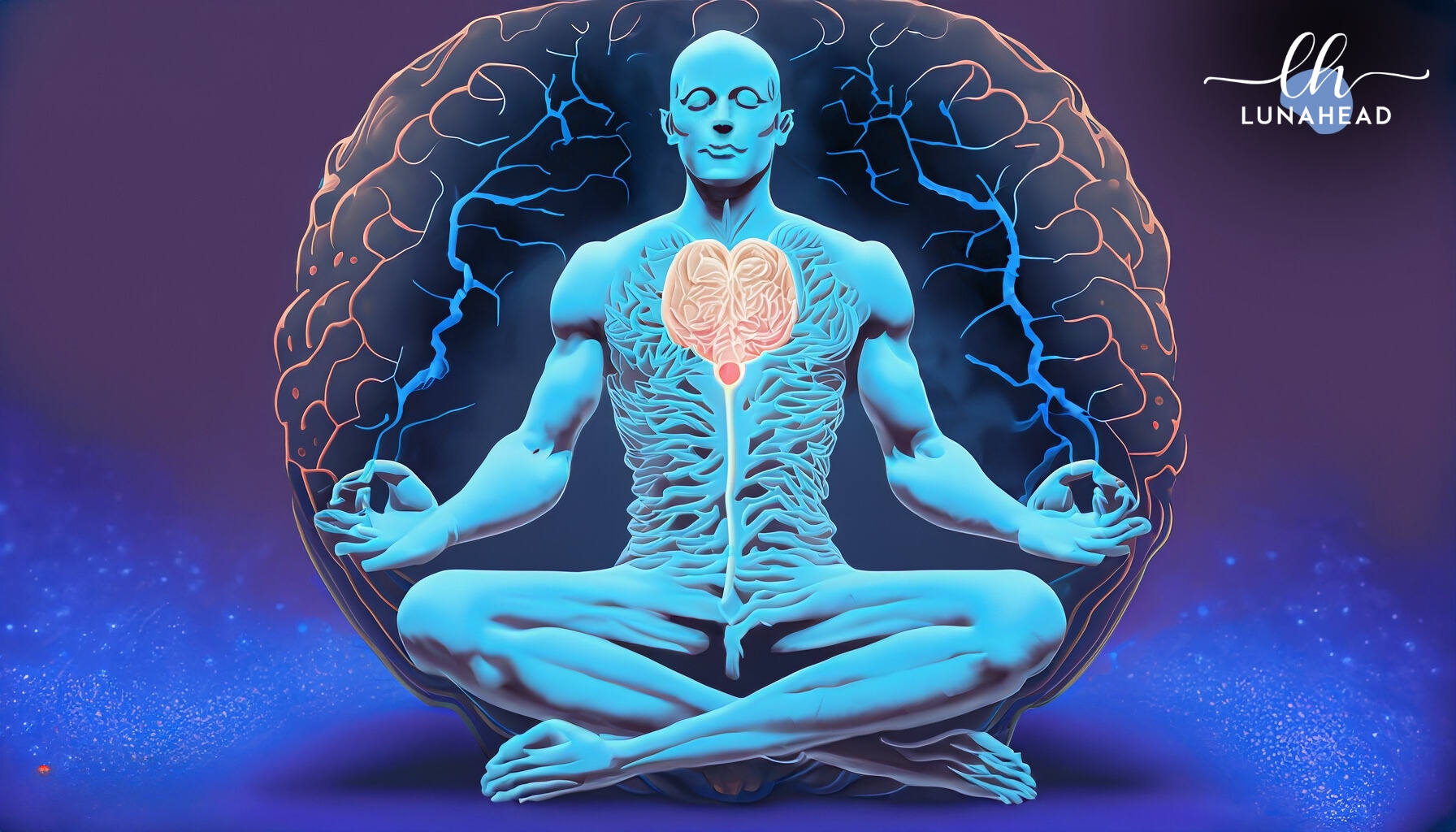
The Science Behind Meditation: Impact on the Brain
In recent years, meditation has gained significant popularity as a practice for reducing stress, enhancing focus, and promoting overall well-being. While it has long been associated with spiritual and philosophical traditions, scientific research has provided valuable insights into the profound impact of meditation on the brain. In this blog post, we will explore the science behind meditation and delve into how it influences the structure and function of our brain.
The Brain and Meditation
To understand the effects of meditation on the brain, researchers have employed various techniques that allow them to observe brain activity in real-time. Two frequently utilized methods in the scientific study of meditation’s impact on the brain are functional magnetic resonance imaging (fMRI) and electroencephalography (EEG). These studies have revealed several fascinating findings that demonstrate the transformative power of meditation.
1.1: Prefrontal Cortex (PFC) and Meditation
The prefrontal cortex (PFC) is a key area of the brain responsible for executive functions such as decision-making, problem-solving, and attention regulation. Regular meditation practice has been found to strengthen the connections between the PFC and other brain regions, leading to improved cognitive abilities. Additionally, meditation increases the thickness of the PFC, which is associated with better emotional regulation and increased self-awareness.
1.2: Amygdala and Emotional Regulation
The amygdala is a region of the brain involved in processing emotions and generating the stress response. Through meditation, individuals can learn to modulate their emotional responses and reduce the reactivity of the amygdala. This results in a decreased perception of stress and an increased sense of emotional well-being. Meditation has also been found to activate the anterior cingulate cortex (ACC), a brain area involved in monitoring and resolving conflicts. Strengthening the ACC through meditation enhances emotional resilience and improves the ability to regulate one’s emotions effectively.
Neural Plasticity and Meditation
Neural plasticity refers to the brain’s ability to change and adapt in response to experiences and environmental influences. Meditation has been found to have a profound impact on neural plasticity, leading to structural and functional changes in the brain.
2.1: Hippocampus and Memory
The hippocampus, a brain region linked to memory and learning, is intricately involved in these cognitive processes. Studies have shown that regular meditation practice can increase the size of the hippocampus, leading to improved memory and cognitive abilities. This finding suggests that meditation may have a protective effect against age-related cognitive decline and neurodegenerative diseases.
2.2: Default Mode Network (DMN) and Mind-Wandering
The default mode network (DMN) comprises a collection of brain regions that become active during periods of mental rest and when attention is not directed towards external stimuli. It is associated with mind-wandering and self-referential thinking. Research has demonstrated that meditation decreases the activity of the DMN, indicating a reduction in mind-wandering and an increased ability to stay present and focused.
Also Read – different meditation techniques and their effects
Benefits of Meditation on Mental Health
In addition to its impact on brain structure and function, meditation has been shown to have numerous benefits for mental health.
3.1: Stress Reduction
Meditation is well-known for its stress-reducing effects. Studies have shown that regular meditation practice decreases levels of stress hormones, such as cortisol, and increases the activity of the parasympathetic nervous system, which promotes relaxation and calmness.
3.2: Anxiety and Depression
Research has indicated that meditation can be effective in reducing symptoms of anxiety and depression. By cultivating a non-judgmental awareness of one’s thoughts and emotions, meditation helps individuals develop healthier coping mechanisms and gain a greater sense of emotional well-being.
Conclusion:-
The science behind meditation highlights its profound impact on the brain. Through its effects on various brain regions and neural plasticity, meditation improves cognitive abilities, enhances emotional regulation, and promotes overall mental well-being. As research in this field continues to grow, further insights into the mechanisms behind meditation’s effects on the brain are likely to emerge. Incorporating meditation into our daily lives can be a powerful tool for nurturing our mental health and achieving a sense of inner calm and balance.
